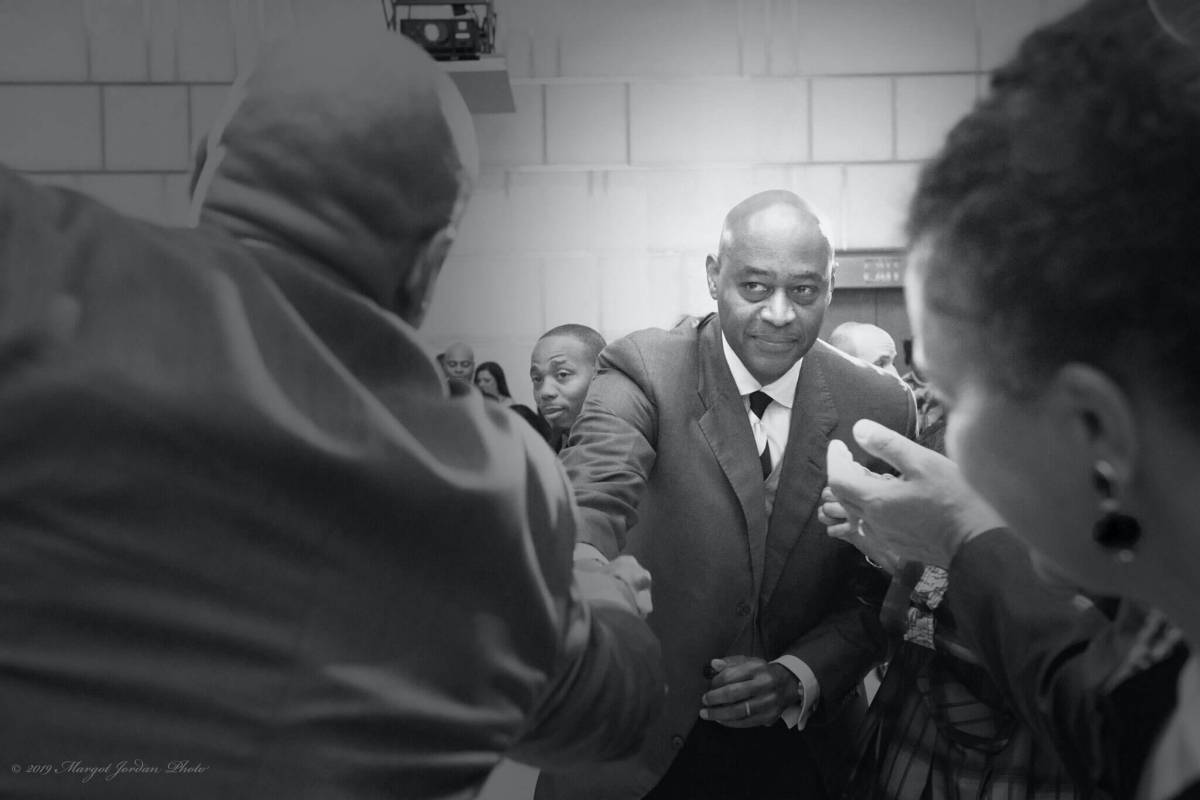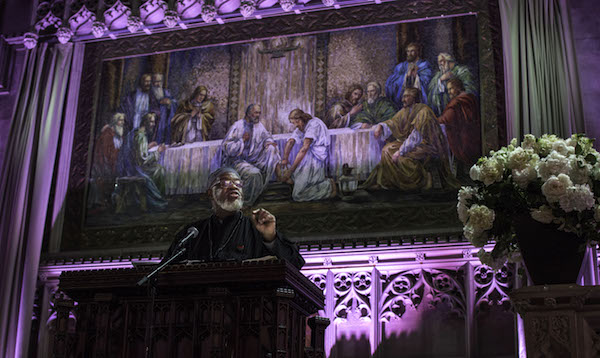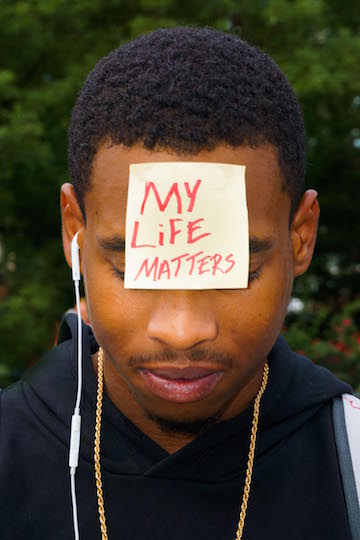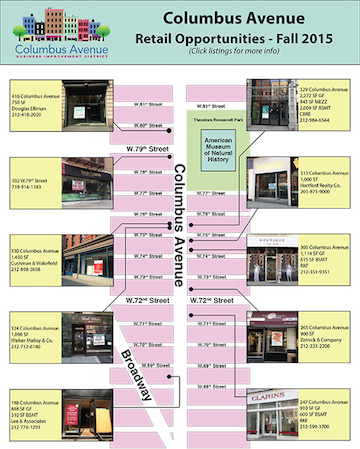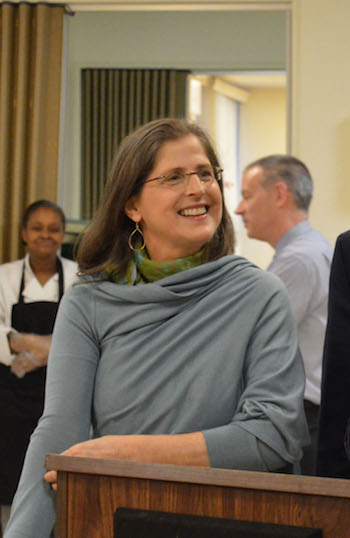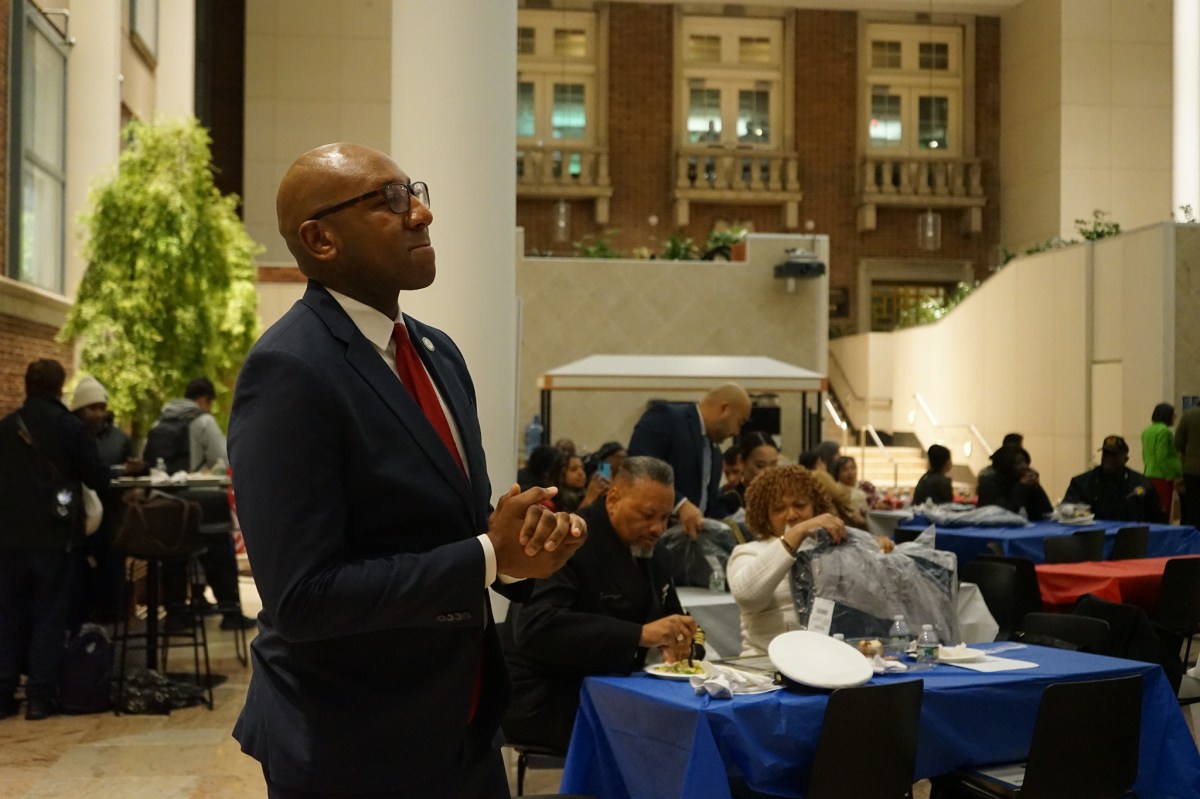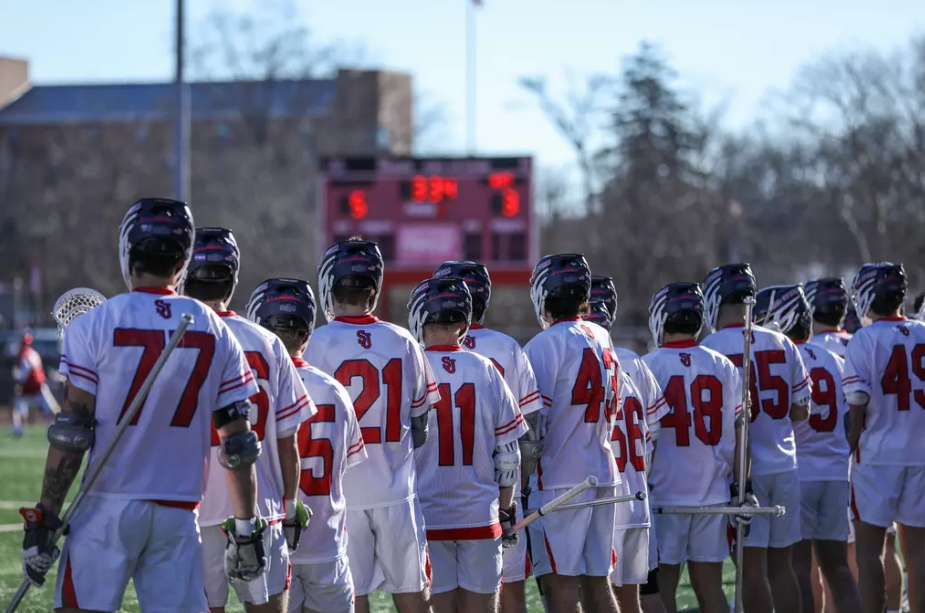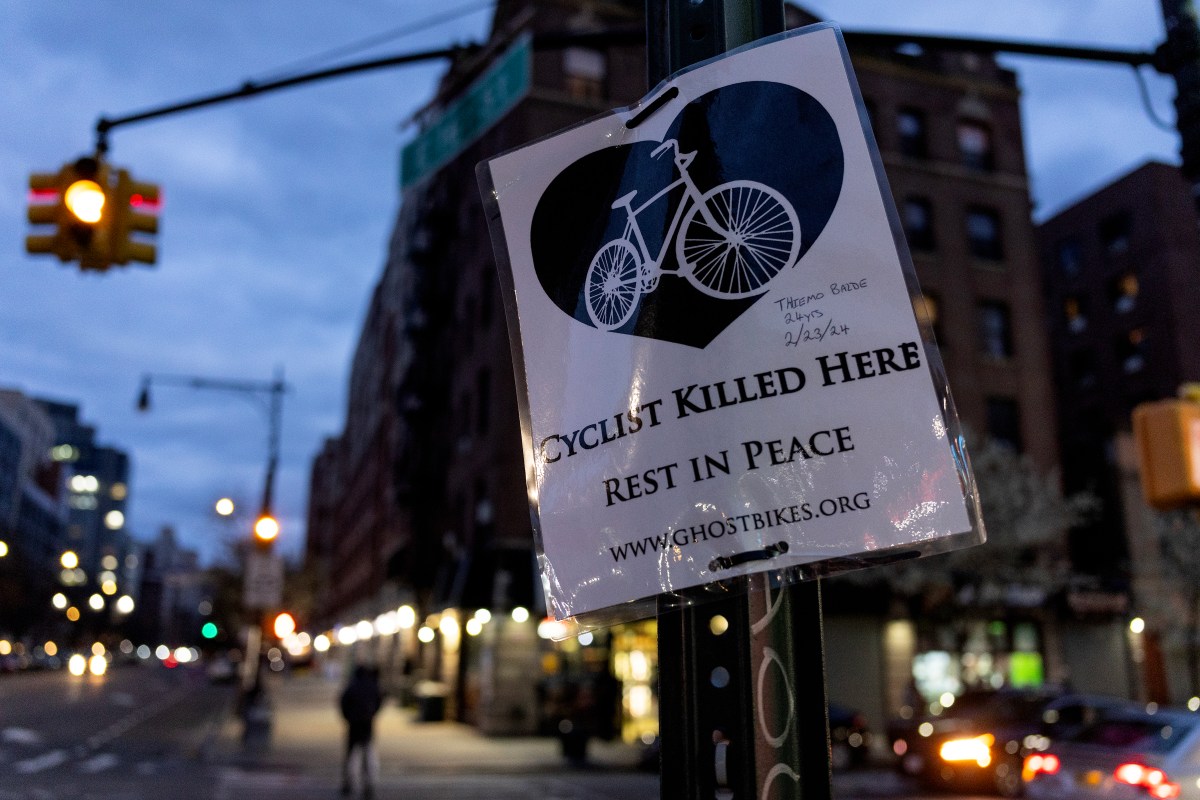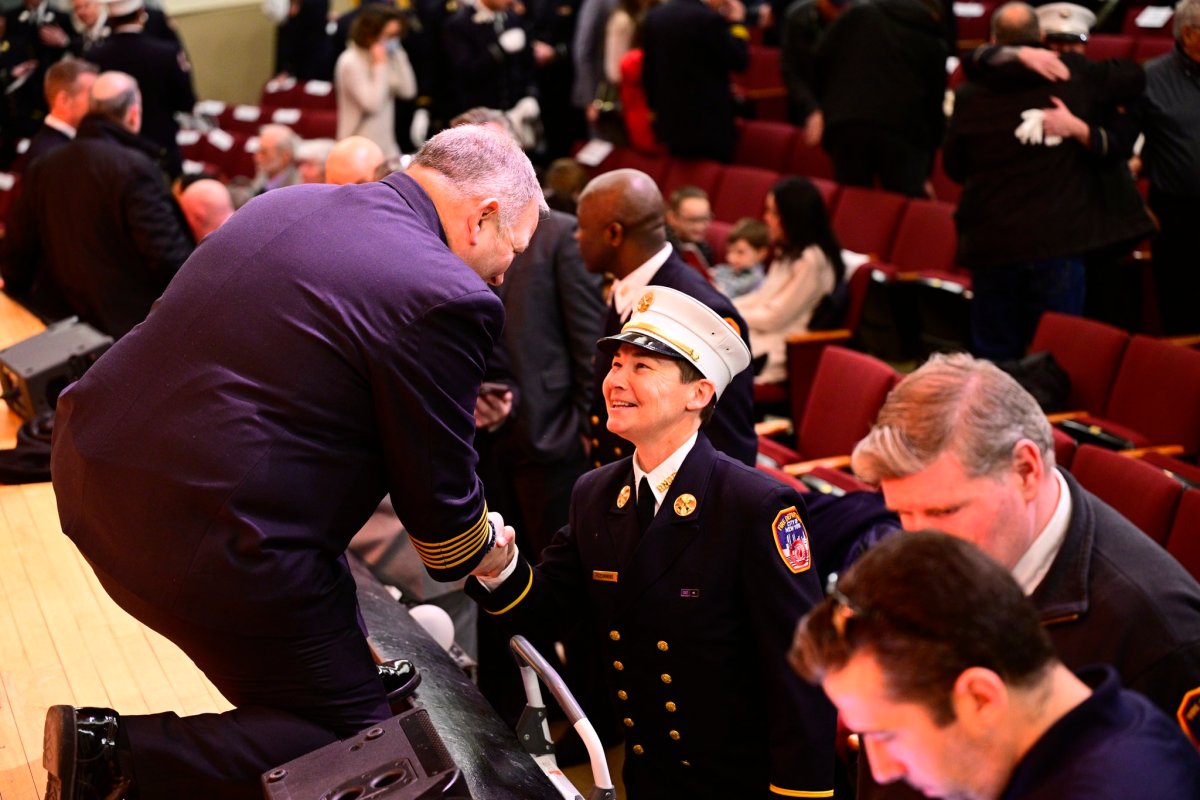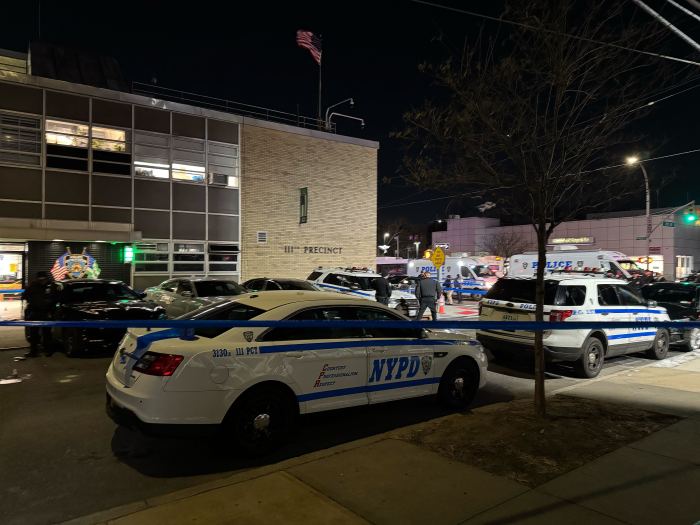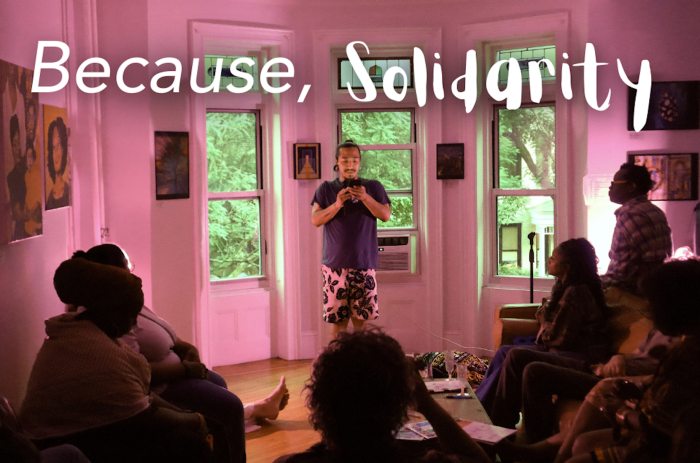Former Citigroup executive Ray McGuire may have been one of the earliest candidates to throw his hat in the race for New York City mayor and believes he has the financial and social background to steer the city through the tail end of possibly the biggest crisis in its history.
With McGuire entering the race at this point as the only candidate using personal resources for the campaign and having the kind of financing it took Scott Stringer and Eric Adams years to raise, he said his corporate background has actually freed him from the kind of donor relations that could raise suspicions from voters of conflicts of interest.
Not to mention he sports a working class background which helps him relate to everyday New Yorkers.
“I look at my story and how it is that I got here, raised by a single mother, on the other side of the tracks in Dayton, Ohio. My mother raised me and my two brothers in a home with half a dozen or a dozen foster children at the same time, with my grandparents. I know what it’s like not to have,” McGuire said. “I am uniquely positioned to be able to lead the city forward. And as part of that, I don’t owe anybody any debts, I’m unbought, unbossed, I’m unbound.”
McGuire plans to not only create 2.2 units of affordable housing for each job created in the five boroughs, he also looks to create 500,000 jobs partly through the creation of more affordable housing that would offer supportive services for tenants.
Getting a leg up on this plan will require balancing the city budget currently facing a $9 billion deficit due to COVID-19. According to McGuire, years on Wall Street puts him in a position of competency in regard to this and borrowing would be the last thing on his mind.
“I would have as a last resort as the absolute last resort, borrowing for operating expenses; so I put that way down the line. I look at how we manage the budget, how we extract efficiencies, how we look at non-personnel costs and what we could sustain. So I have to go through the entire process to make sure that we had a comprehensive review, and that we we applied the principles of fairness and accountability,” McGuire explained. “So there’s a way to address this budget. The operating budget. There’s also a way to address the capital budget, which is how we’re going to be able to finance this go big strategy of creating 500,000 plus jobs in the city.”
In a political climate in the state that has seen the rise of progressive candidates that reject corporate donors and voters who speak out against political contributions that could signal conflicts of interest – such as money accepted from the real estate industry by Mayor Bill de Blasio – McGuire says his background on Wall Street will be a nonissue.
“Just because someone has done something for awhile, that there’s a cloud over that. I think that the experiences that I’ve had, the teams that I’ve been able to build, the leadership that I’ve been able to display, on record, in plain view with as much scrutiny as exists anywhere, that record has withstood the scrutiny of time for decades. So I’m quite confident and quite comfortable with them putting my record of integrity up against any lens,” McGuire said. “I would summarily reject the notion that because someone comes from the corporate world, that there’s a cloud over them.”
Currently with over $2 million in his campaign coffers, McGuire may seem to put other candidates at a disadvantage. But he does believe the playing field is level considering he has less name recognition from being in private sector while others have been in government for decades.
McGuire’s campaign is also participating in the Campaign Finance Board’s matching funds program in that he will not be accepting money from New York City taxpayers, but for $3.6 million he spends, the the spending cap for participants receiving money from the city would be raised to nearly $11 million. If his spending were to reach $22 million, the cap would be lifted from all candidates in the matching funds program.
“We knew that Ray would be able to raise the money himself through his natural resources so we didn’t need to take from New York City taxpayers who may not want us to necessarily participate in that program, so we we also begged off for that reason,” spokesperson Lupe Todd-Medina said.
This Democratic will join city Comptroller Scott Stringer, Brooklyn Borough President Eric Adams, former chair of the Civilian Complaint Review Board and Kathryn Garcia in the June 22 primary.



